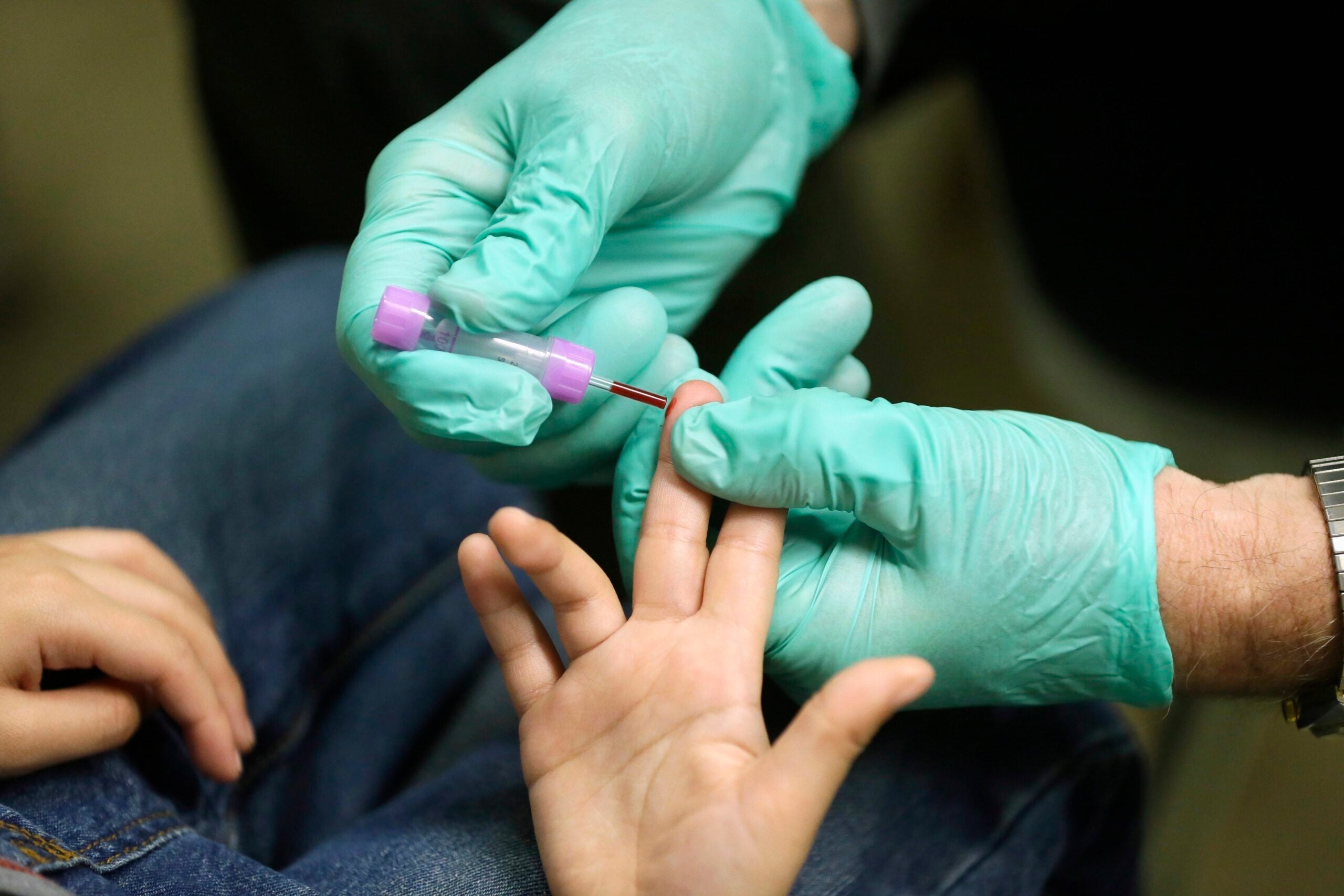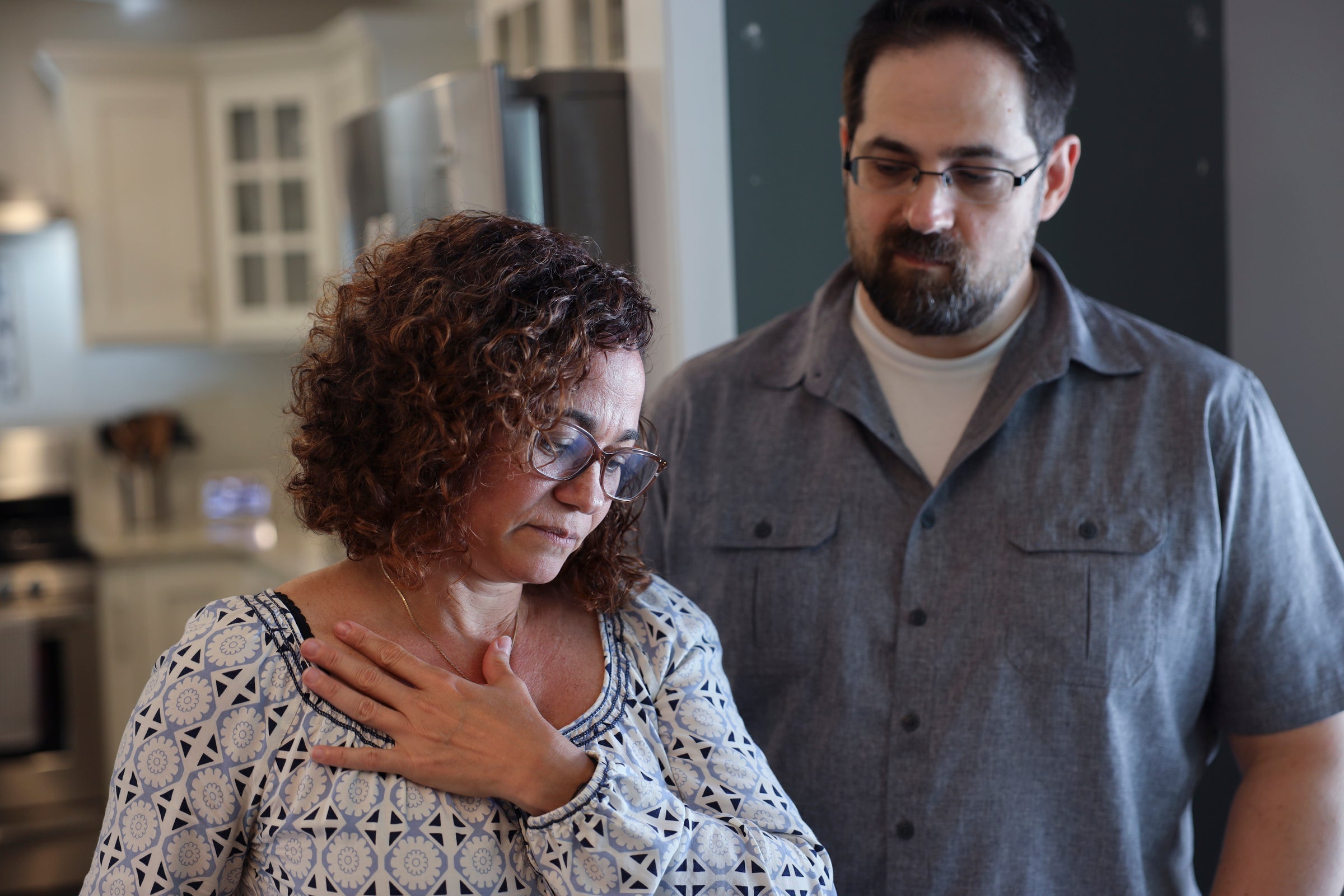A Madison biotech company says its getting closer to developing a blood test that can determine whether a child has autism.
Research published on Friday in the Public Library of Science indicates that a test made by Stemina Biomarker Discovery was able to identify autism with 81 percent accuracy. The blood test has the potential to enable earlier diagnosis of children with autism spectrum disorder. The current average age of diagnosis is 4.5 years, typically through behavior testing.
The company’s CEO, Elizabeth Donley, said that in addition to earlier diagnosis, a blood test could help tailor treatment for individuals with autism.
Stay informed on the latest news
Sign up for WPR’s email newsletter.
“We will send metabolic information to the physicians and families, and then the physician can prescribe what they think is the best line of defense. It may be something as simple as modified diet or supplements,” said Donley.
The research was conducted with the MIND Institute at the University of California, Davis.
Donley said Stemina will be conducting more tests on its own in 2017 with the hope of getting federal approval.
Research published on Friday in the Public Library of Science indicates that a test made by Stemina Biomarker Discovery was able to identify autism with 81 percent accuracy. The blood test has the potential to enable earlier diagnosis of children with autism spectrum disorder. The current average age of diagnosis is 4.5 years, typically through behavior testing.
The company’s CEO, Elizabeth Donley, said that in addition to earlier diagnosis, a blood test could help tailor treatment for individuals with autism.
“We will send metabolic information to the physicians and families, and then the physician can prescribe what they think is the best line of defense. It may be something as simple as modified diet or supplements,” said Donley.
The research was conducted with the MIND Institute at the University of California, Davis.
Donley said Stemina will be conducting more tests on its own in 2017 with the hope of getting federal approval.
Wisconsin Public Radio, © Copyright 2024, Board of Regents of the University of Wisconsin System and Wisconsin Educational Communications Board.





